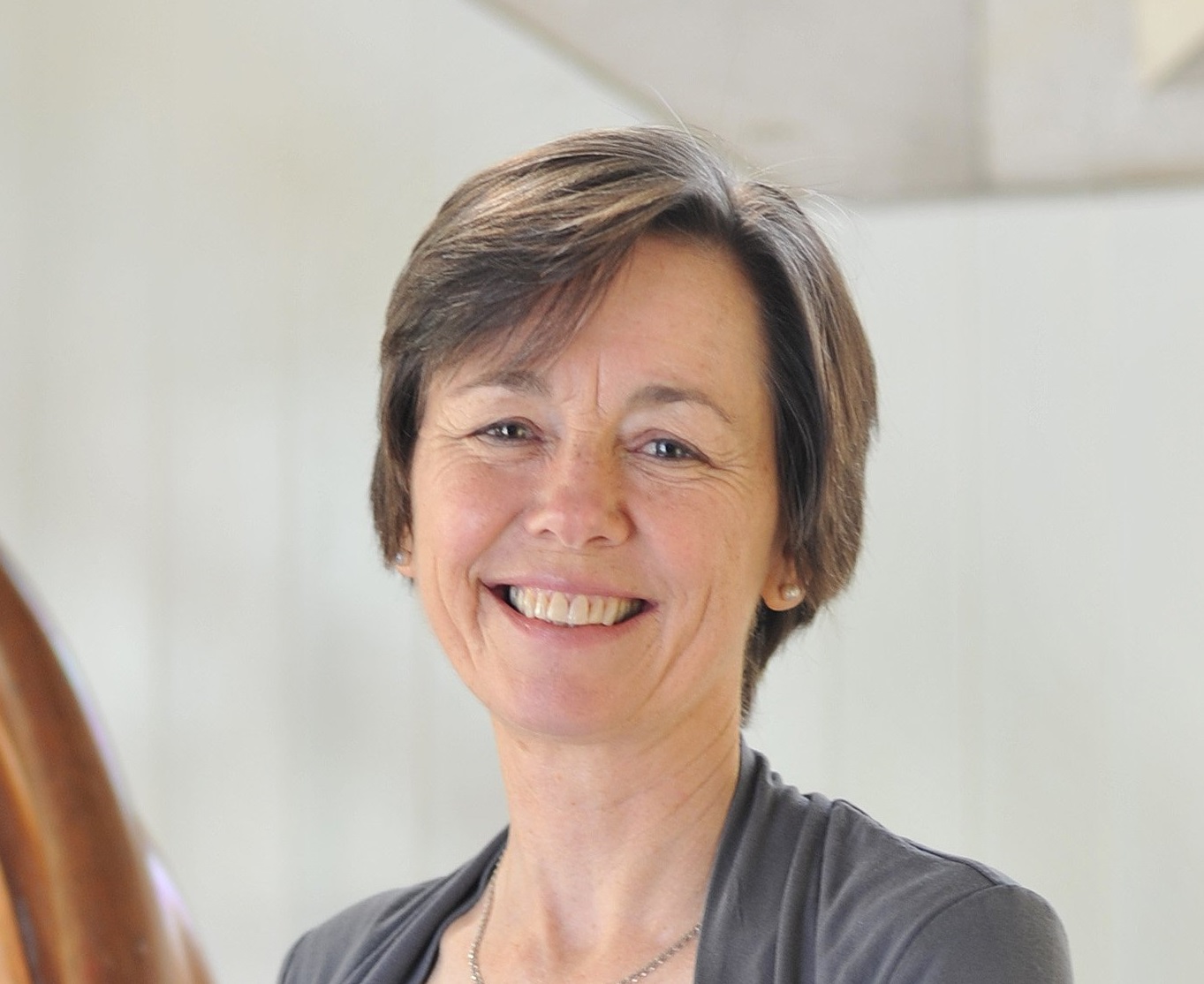
The Star approached some of the city’s arts organisations for a report card on the council in the past three years. We asked what the council had done well, and what had been less successful, its handling on the ongoing issue of performance venues, and the most urgent issues for the arts right now.
With all the disruption caused by the Covid-19 pandemic in the past three years, the Dunedin City Council’s continued support of the arts has been fundamental for its survival during the time of turmoil and cancellations.
This has been the main positive for Dunedin Symphony Orchestra manager Philippa Harris, who said the orchestra was ‘‘incredibly grateful’’ for council’s ongoing financial support, and for councillors who regularly attend DSO events.
However, the reorganisation of the council funding pool and a resultant drop of 30% in available funding was a major negative.
‘‘Arts organisations, particularly the performing arts, need funding stability and levels of funding which will enable them to pay their artists appropriately, to retain the artists in Dunedin, and in turn serve and benefit Dunedin’s culture and its economy,’’ she said.
On the plus side for Dunedin Fringe Arts Trust director Gareth McMillan has been council’s work to improve the relationship with manawhenua art practitioners, the addition of Ko te Tuhono in the Octagon, and the renewal of George St.
Also positive has been the art and creativity in infrastructure policy, to utilise public space as creative space, and the provision of badly needed infrastructure through theatre space Te Whare o Rukutia.
On the negative side has been no progress on major arts infrastructure, noreview of AraToi, and ‘‘broken’’ contestable funding models.
‘‘The DFAT and various other voices around the city have been warning for years about the precarious state of the industry. It gives us no pleasure . . .to see some of the scenarios we have expressed concern about coming true,’’ Mr McMillan said.
In terms of venues, he said the city was ‘‘further away than ever’’ from realising the AraToi vision that ‘‘Dunedin is a great small city with arts and culture at its core’’.
The most urgent issues for him were around funding and support.
‘‘Dunedin is being increasingly ignored by major funders, and I fear we may have already reached a tipping point in the loss of human capital,’’ Mr McMillan said.
‘‘The simple answer is more funding, but money alone isn’t sufficient — it needs to be delivered in a way that builds connections and creates other opportunities.’’
For Ms Harris, the most urgent issues for the arts in the city right now were urgent need for a venue and a review of funding, and making the Dunedin Town Hall and Glenroy Auditorium more affordable and available for performing arts organisations.















